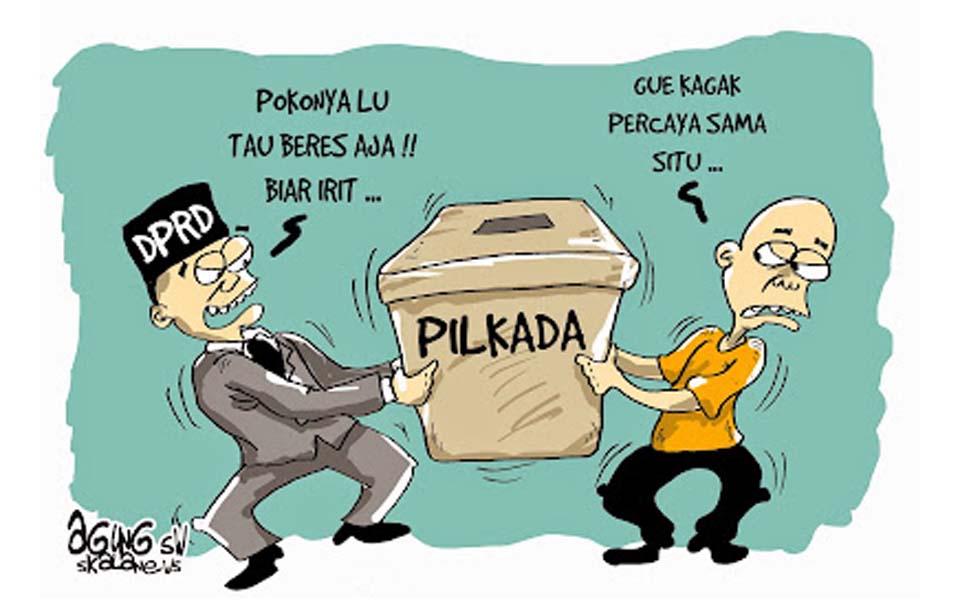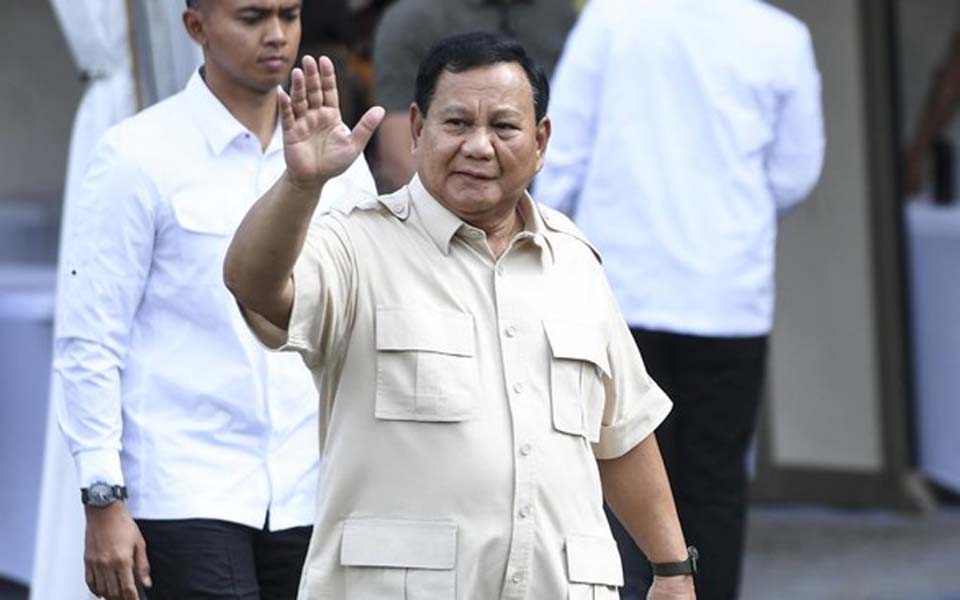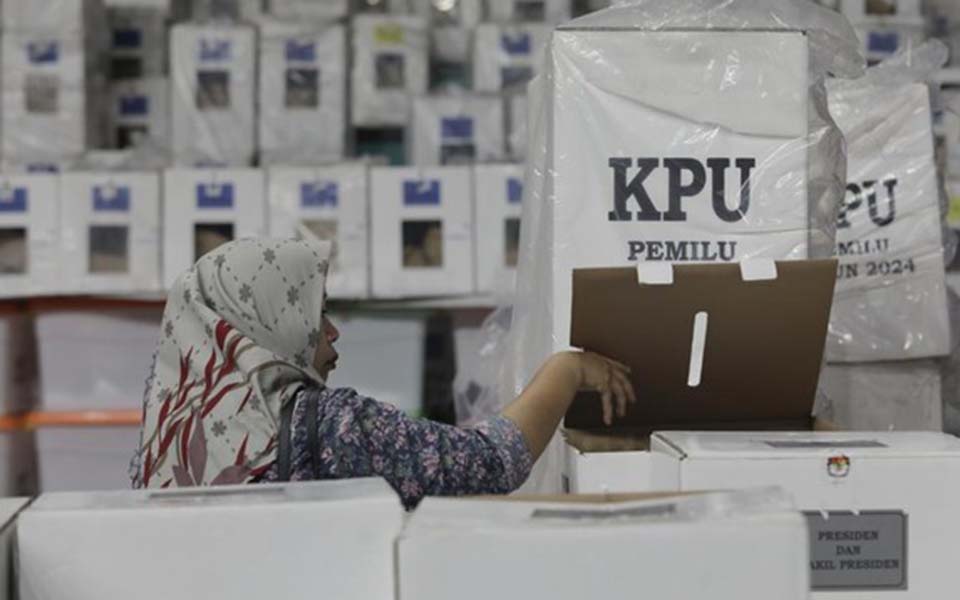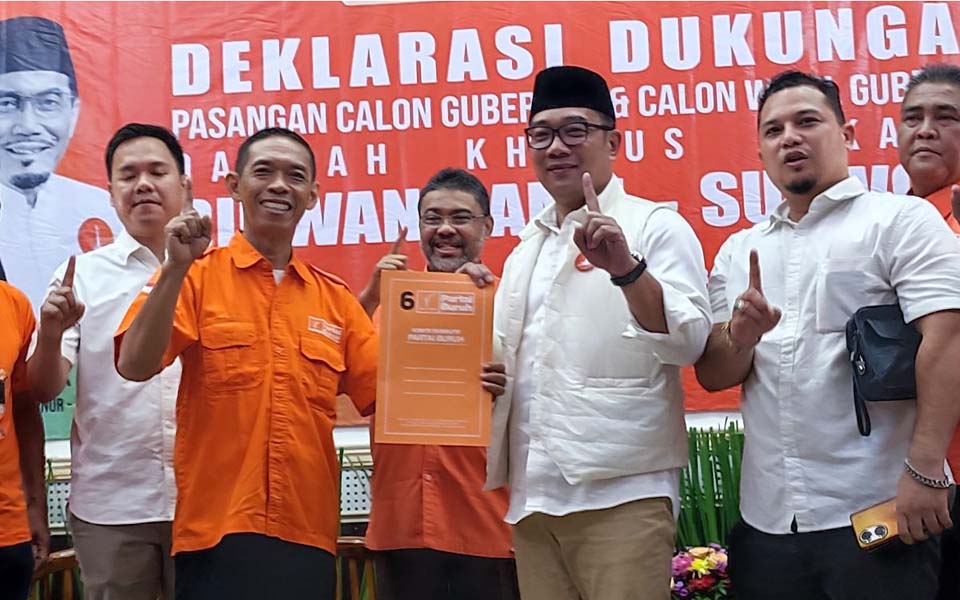Sleman – The demarcation between political parties labeled as Islamic and non-Islamic parties is becoming increasingly vague. This indicates that political identity is no longer an issue in the future national life of the country.
This was conveyed by Reform Institute Executive Director Yudi Latif during a national seminar on the theme “The Concept of an Islamic Leadership in Response to the Nation’s Problem” at the Indonesian Islamic University (UII) campus in the Sleman regency of Yogyakarta, Central Java, on Sunday January 11.
The seminar, which was organised by the UII Student Executive Institute also presented as a speaker House of Representatives Commission VIII member Marwah Daud Ibrahim from the Golkar Party faction.
Latif said that this increasingly vague demarcation can be seen from the many Islamic figures that have joined non-Islamic labeled parties or visa versa. “In addition to this, many secular-nationalist parties are also currently opening political wings inspired by Islam”, he said.
The weakness of political identify, according to Latif, is also demonstrated by the low level of support obtained by Islamic labeled parties in the elections. “In the 2004 elections, for example, at the very most, Islamic labeled parties only garnered around 6 percent of the vote or less”, he said.
Latif believes that the sustainability of Islamic labeled parties in the 2009 elections will very much depend upon their ability to differentiate their definition of Islam. How is it that up until now Islamic leaders have yet to demonstrate that they can bring justice or prosperity to the people.
“Despite the majority of the population being Muslims and an administration filled with Muslim people, the levels of corruption and poverty in Indonesia also remains high”, said Latif.
In addition to this, Latif emphasised that the future national leadership must be able to present an image of national self-sufficiency. “We must begin to be conscious about our identity and potential as a nation and direct change fully in accordance with this identity and potential”, he said.
Conversely, Ibrahim said that the concept of a genuine Islamic leadership is a leadership in which all intentions, words and actions consistently follow the guidance of God’s revelations. “What is happening at the moment, is large numbers of Islamic leaders in their leadership are guided by lust,” said the presidential candidate who took part in the National Integrity Assembly (DIB).
It is this that results in the majority of the country’s Muslim population living below the poverty line. “Almost 95 percent of the [world’s] Muslim population live in poor countries, including Indonesia”, he said. Countries where the majority of the population is non-Muslim meanwhile enjoy a level of prosperity and income above 20,000 US dollars per capita per year.
Ibrahim sees this as ironic. How can this be so when Muslim countries have an abundance of natural wealth, which is far greater than possessed by the non-Muslim countries. This means there is a problem of management and leadership in the Muslim countries. (eng)
[Translated by James Balowski. The original title of the article was “Islam and Non-Islam increasingly vague – Political identity no longer an issue”.]















